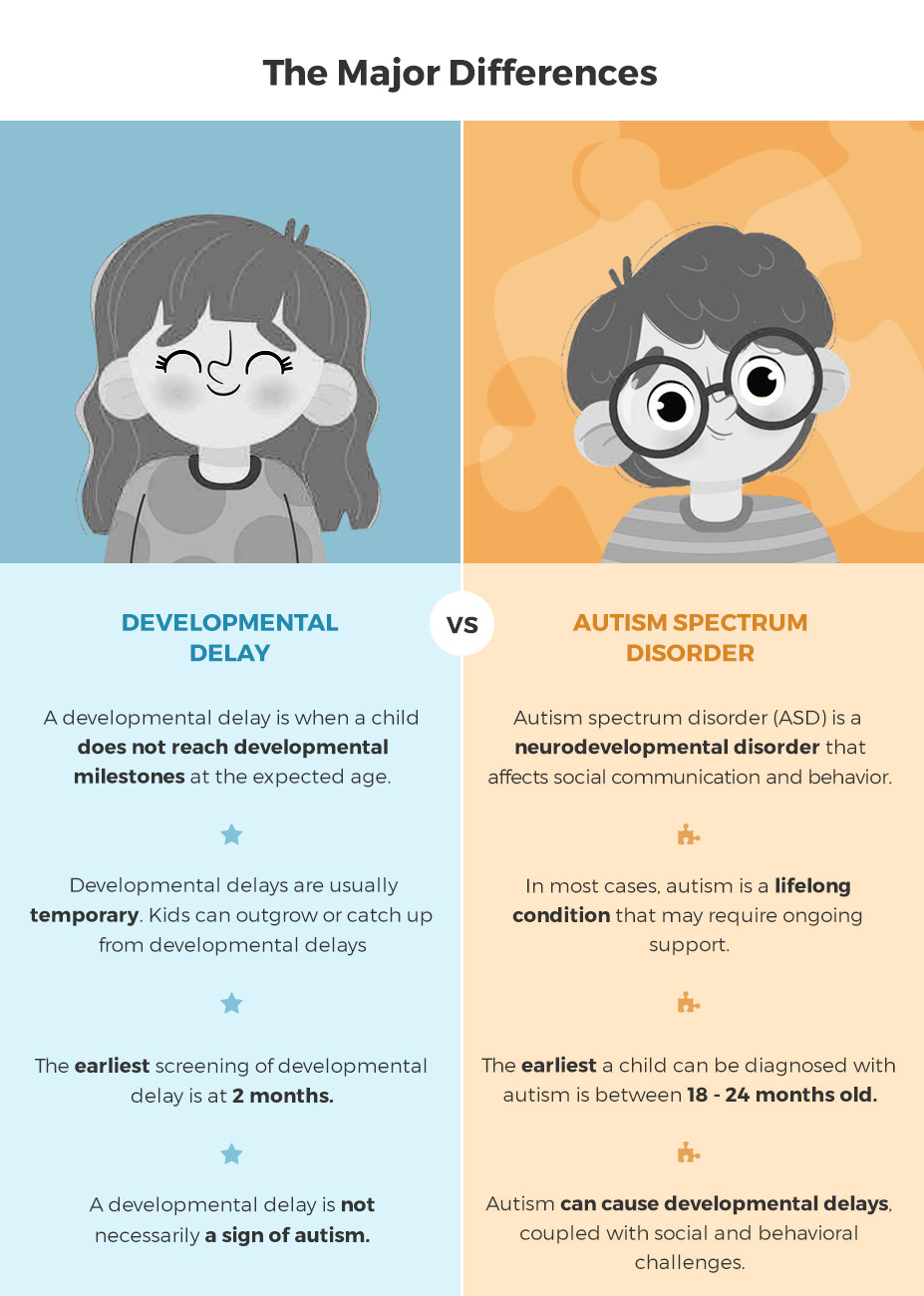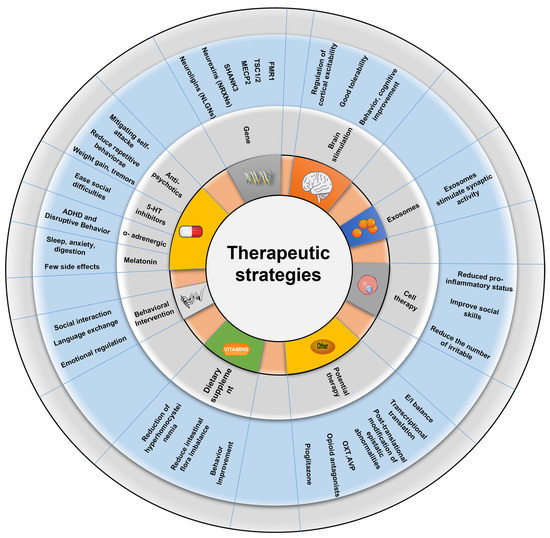Unique abilities often seen by an experienced Autism Therapist
Unique abilities often seen by an experienced Autism Therapist
Blog Article
Recognizing the Impact of Behavioral Autism on Daily Life and Social Communications
You might not understand how deeply behavioral autism affects life and social interactions. Individuals on the spectrum commonly browse a globe loaded with interaction hurdles and sensory overload. These challenges can lead to stress and isolation, affecting their connections and total well-being. Recognizing these subtleties is vital for cultivating encouraging settings. What strategies can we carry out to develop more meaningful connections and inclusive areas? The responses could stun you.
Defining Behavioral Autism and Its Attributes
Behavior autism, frequently described as autism spectrum problem (ASD), encompasses a variety of conditions defined by difficulties in social communication, communication, and recurring behaviors. You could discover that people with ASD frequently have a hard time to analyze social cues, which can lead to misunderstandings in conversations. They may locate it tough to develop eye get in touch with or take part in little talk, making social situations feel overwhelming.
Communication difficulties can manifest in various methods, from postponed speech growth to a preference for making use of less words. By identifying these attributes, you can promote a setting that promotes acceptance and motivates reliable interaction, assisting people with autism thrive in their day-to-day communications.
The Spectrum of Autism: Recognizing Irregularity in Habits
Autism spectrum condition (ASD) isn't a one-size-fits-all diagnosis; it varies commonly among individuals. You may come across individuals that are very verbal and engage easily in discussions, while others might favor singular activities or interact non-verbally.
Moreover, the way individuals with ASD react to sensory input can vary significantly; some could be overwhelmed by intense lights or loud sounds, whereas others prosper in promoting atmospheres. The range additionally consists of distinctions in social interactions; some people might have a hard time to interpret social hints, while others browse social setups with family member ease. Comprehending this variability is essential, as it assists you appreciate everyone's special experience and tailor support to their certain needs, fostering an extra inclusive atmosphere for everyone.
Interaction Obstacles Faced by Individuals With Autism
When you communicate with people on the autism range, you might discover their unique communication challenges. They often encounter troubles with both nonverbal and spoken hints, which can affect their social communications. Understanding these barriers is crucial for fostering far better links and support.

Verbal Interaction Problems
Numerous people on the autism spectrum experience spoken interaction difficulties that can significantly impact their day-to-day interactions. You may find it challenging to share your thoughts, sensations, or requires plainly. This can bring about irritation for both you and those around you, as misconceptions occur. You might deal with launching discussions, preserving a subject, or understanding nuances in speech. Usually, you could favor utilizing basic language or recurring expressions, which can limit your capacity to participate in much deeper conversations. Your tone, quantity, or pace may not line up with social assumptions, causing others to misunderstand your objectives. Identifying these difficulties can help you and your assistance network develop approaches to improve interaction and foster better links with others in your day-to-day life.
Nonverbal Interaction Barriers
Spoken communication isn't the only obstacle people on the autism range face; nonverbal interaction obstacles can be just as substantial. You could locate it challenging to interpret body movement, faces, and eye get in touch with, which are important for reliable interaction. These challenges can cause misconceptions or false impressions of social cues, making communications feel confusing or frustrating. You might struggle to express your very own emotions through nonverbal ways, leaving others unsure of your sensations or intents. This separate can develop sensations of seclusion and irritation. Acknowledging these barriers is critical for fostering understanding and compassion in your interactions. By attending to nonverbal interaction, you can find methods to improve your social experiences and improve your general lifestyle.
Social Interaction Influences
Social interactions can commonly really feel overwhelming due to the distinct interaction challenges faced by individuals with autism. Identifying these difficulties can assist you discover strategies to enhance interaction, such as practicing social abilities in risk-free settings or utilizing visual aids. Comprehending your requirements permits you to navigate social interactions with greater self-confidence and simplicity.
Social Communication and Relationship Building in Autism
While structure connections can be testing for individuals with autism, understanding their one-of-a-kind perspectives and communication designs can cultivate significant links. You could discover that numerous people on the spectrum choose straight communication and might battle with social hints or little talk. By being uncomplicated in your communications, you can aid create a setting where they feel comfortable.
Put in the time to observe and listen just how they share themselves. This insight can assist you in steering conversations much more successfully. Taking part in shared rate of interests can additionally work as a bridge to deeper connections. Whether it's a leisure activity, a preferred show, or a common passion, these common strings can open up doors to relationship.
Day-to-day Live Routine: Navigating Challenges and Methods
Navigating every day life regimens can be especially testing for individuals with autism, specifically when unexpected adjustments happen. You might discover convenience in having an organized routine, as it assists you expect what's following. It's normal to really feel overwhelmed or nervous when disturbances occur. To navigate these obstacles, consider applying aesthetic schedules or lists. These devices can supply clearness and reassurance.
Establishing a routine that includes sensory breaks can additionally be advantageous. This assists produce an resource understanding setting.
Finally, method mindfulness strategies to handle stress and anxiety. Basic breathing exercises or grounding techniques can make a substantial difference. By integrating these methods, you can improve your day-to-day regimen and reduce interruptions, making life really feel a lot more convenient.
Toughness and Capacities of People on the Autism Spectrum
Understanding daily life routines is simply one aspect of the autism experience. Many individuals on the autism spectrum possess impressive strengths and capabilities that set them apart.
In addition, your memory skills commonly shine, particularly in locations of interest. Autism Spectrum Therapies. This propensity for preserving details can make you a useful resource in areas like art, scientific research, or innovation. You may likewise display strong visual thinking, enabling you to envision intricate ideas and fix problems artistically
Additionally, your special point of view on the world can foster compassion and understanding in others, enriching social communications. Welcoming these staminas not just enhances your confidence yet additionally aids others value the varied abilities you bring to the table.
Creating Inclusive Environments for Individuals With Autism
Creating inclusive settings for people with autism begins with designing sensory-friendly rooms that accommodate their unique demands. You can additionally foster possibilities for social communication, helping to build relationships and links. By making these changes, you'll add to an extra inviting atmosphere for every person.
Designing Sensory-Friendly Spaces
While creating sensory-friendly areas, it's essential to reflect on the special demands of people with autism. Integrate peaceful zones where individuals can charge and pull back when overwhelmed. Include aesthetic schedules or clear signage to aid individuals navigate the area with confidence.
Advertising Social Interaction Opportunities
Creating sensory-friendly rooms not only addresses specific comfort however also sets the phase for significant social communications amongst individuals with autism. To promote these interactions, produce comprehensive environments that welcome engagement. Organize organized activities, like art courses or team video games, that urge cooperation without frustrating sensory input. Usage aesthetic help and clear interaction to aid everyone engage easily. Urge peer mentoring, matching people with autism with helpful peers who can assist them via social situations. Furthermore, consider hosting regular community events that celebrate neurodiversity, promoting approval and understanding among all participants. By carrying out these approaches, you can improve social possibilities, aiding individuals with autism develop friendships and strengthen their social skills in a secure, welcoming environment.

Often Asked Inquiries
Exactly How Can Friends Assistance Someone With Behavioral Autism?
You can sustain a friend with behavior autism by being individual, paying attention proactively, and appreciating their borders. Take part in tasks they take pleasure in, communicate openly, and create a comfortable setting where they really feel valued and recognized.
What Resources Are Available for Parents of Kid With Autism?
You can check out various resources for moms and dads of kids with autism, site web consisting of support system, educational web sites, and regional social work. Connecting with other parents can additionally offer useful insights and shared experiences to help browse challenges.
Can Behavioral Autism Change Over Time?

Yes, behavior autism can change in time. You could observe changes in interaction, social skills, and actions as your youngster grows. Early treatment and assistance commonly play essential roles in these developing modifications.
Exactly How Do Sensory Sensitivities Impact Every Day Life?
Sensory company website level of sensitivities can make daily experiences overwhelming. You may fight with loud sounds or brilliant lights, bring about anxiety or avoidance. Discovering environments that suit your needs can substantially enhance your comfort and general daily life.
What Prevail Misconceptions Regarding Behavioral Autism?
You may think behavior autism only affects interaction skills, but it's more complicated. Several assume people do not have empathy or knowledge, which isn't real. Comprehending these misconceptions helps foster acceptance and assistance for those on the spectrum.
Behavior autism, commonly referred to as autism range problem (ASD), includes a variety of conditions identified by obstacles in social interaction, interaction, and recurring behaviors.Social communications can commonly really feel frustrating due to the special interaction difficulties dealt with by people with autism.Creating sensory-friendly areas not only addresses specific convenience but likewise establishes the stage for purposeful social communications amongst people with autism. Motivate peer mentoring, pairing people with autism with encouraging peers who can lead them through social scenarios. By executing these strategies, you can enhance social opportunities, assisting people with autism develop relationships and strengthen their social abilities in a risk-free, welcoming atmosphere.
Report this page